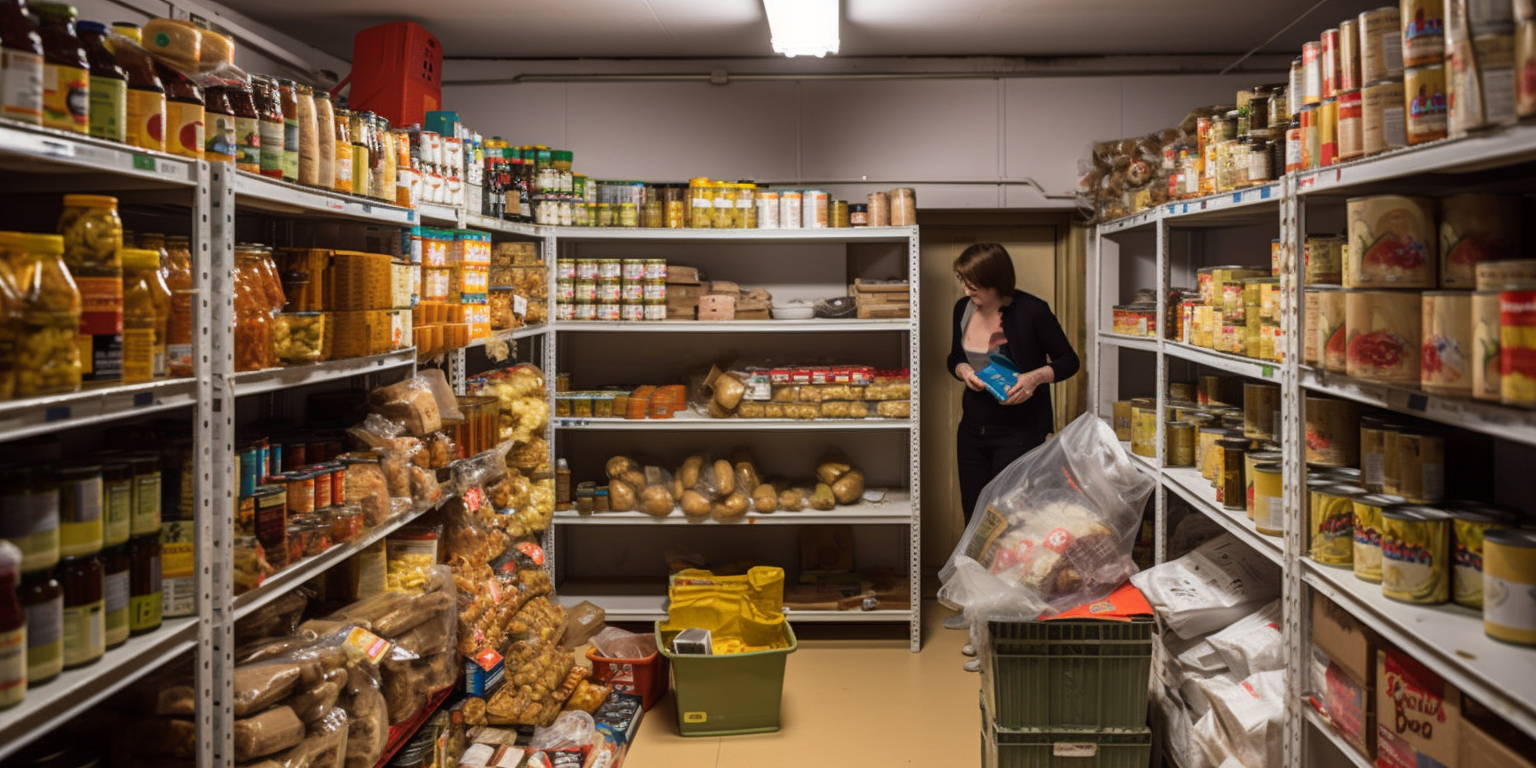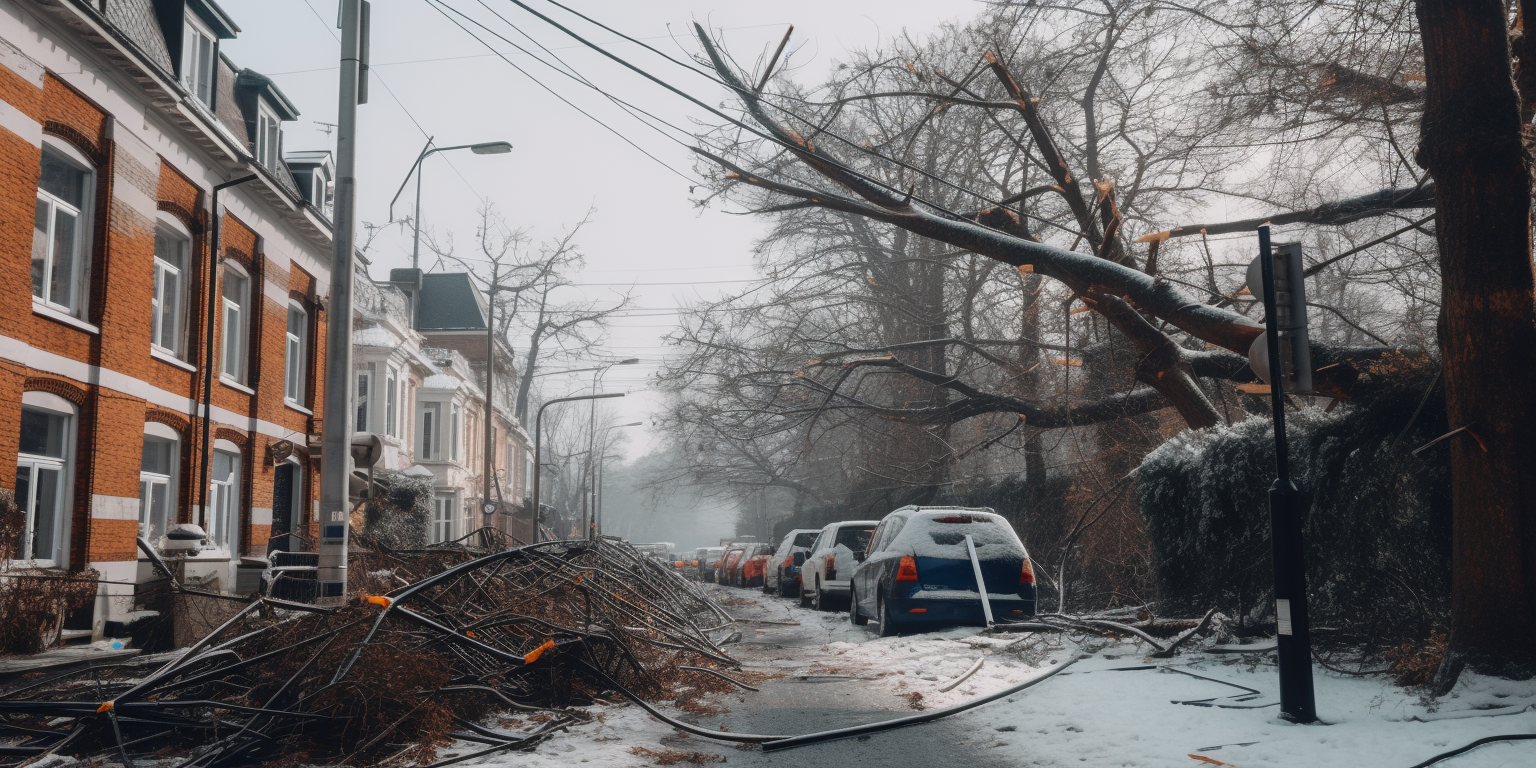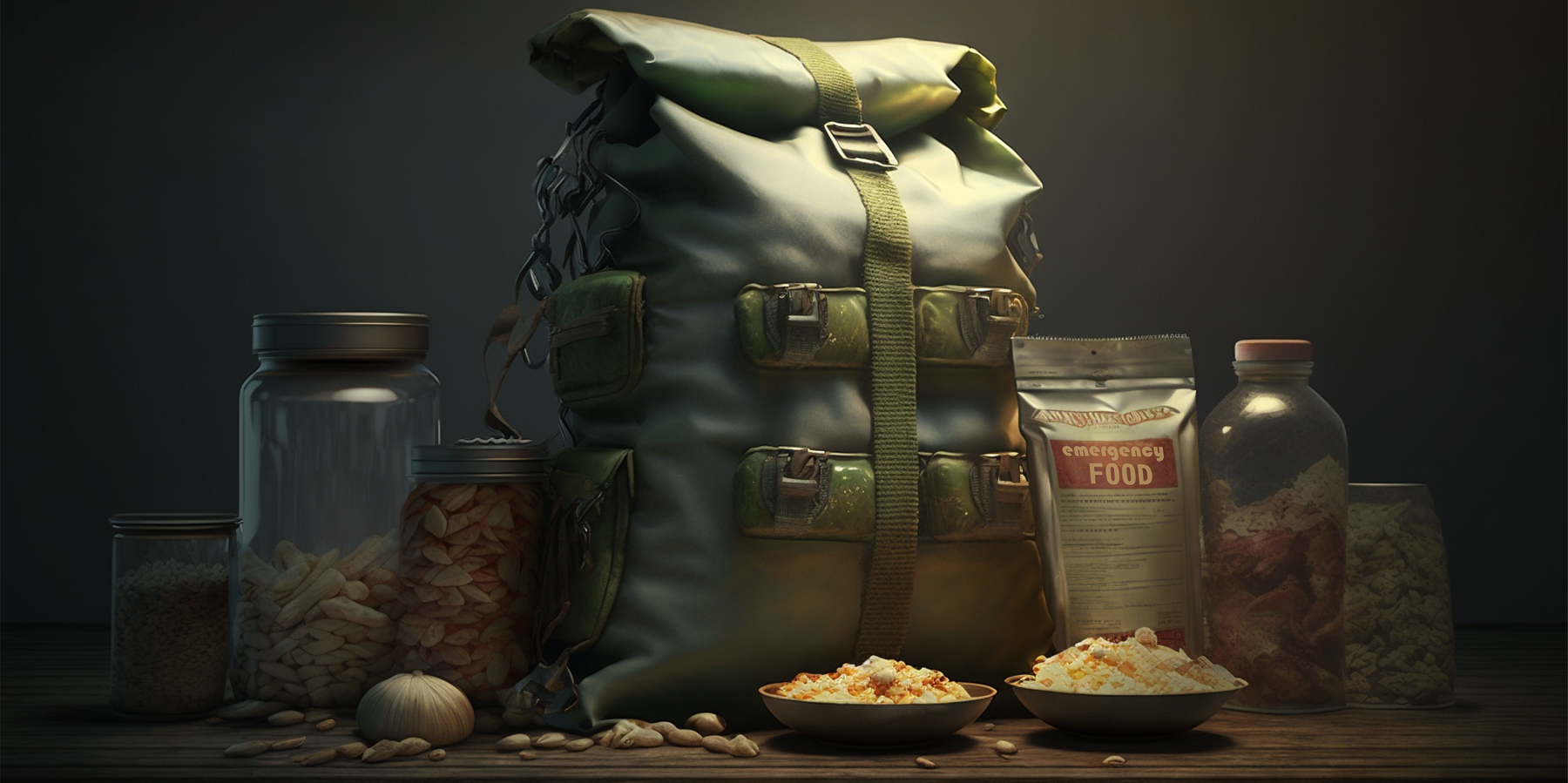
Advice for Senior Citizens: How to Prepare for a Looming Societal Collapse
Advice for Senior Citizens: How to Prepare for a Looming Societal Collapse
The prospect of societal collapse, whether due to natural disasters, economic downturns, or geopolitical crises, can be daunting for any individual. However, for senior citizens, these scenarios pose unique challenges.
As of 2021, there were over 12 million people aged 65 and above in the UK, which accounts for 18% of the total population. (Source: Office for National Statistics) Furthermore, it is projected that that will surge over the next couple of decades, so that by 2050, one in four people in the UK will be over 65 – a total of 19 million people.
Preparing in advance is crucial to ensure safety, maintain health, and preserve a sense of security. This article aims to provide practical and actionable advice for senior citizens in the UK facing the increasing concern of societal instability and collapse.
- Strengthening Social Networks
Strong social connections are a vital resource in times of crisis. Seniors should:
- Stay in touch with family, friends, and neighbours. Regular communication can ensure you have a support system in times of need.
- Participate in community groups or local senior centres, which can be great sources of information and assistance.
- Consider forming a mutual aid group with neighbours or friends, where you can pool resources and offer each other support.
- Securing Essential Supplies
Having a stockpile of essential items can alleviate the pressure during emergencies. Seniors should consider:
- Stockpiling non-perishable food items, water, and essential medications. Remember to check expiration dates and rotate supplies accordingly.
- Keeping a well-equipped first-aid kit and learning basic first-aid techniques.
- Ensuring you have access to warm clothing, blankets, and basic hygiene products.
- Managing Health and Medications
Bearing in mind that nearly two-thirds of people over 65 in the UK have at least two chronic conditions, healthcare is a critical consideration. It's important to:
- Have an ample supply of prescription medications, and understand how to store them correctly.
- Maintain a list of your medical conditions, medications, dosages, and allergies. Keep this list in a safe, easily accessible place.
- Financial Preparedness
Economic instability can be a major aspect of societal collapse. To be financially prepared, seniors should:
- Keep a small amount of cash at home in a secure place, as banks and ATMs may not be operational.
- Review and understand your pension, savings, and any other financial assets. Consider speaking to a financial advisor about safeguarding your finances.
- Be aware of potential scams that target seniors, especially during times of crisis. According to UK Finance older adults are particularly vulnerable to financial scams even at the best of times, with the average age of victims being 75.
- Staying Informed
Access to reliable information is crucial:
- Have a battery-operated or hand-crank radio to receive news updates if the internet or electricity is down.
- Understand which local authorities or organizations provide updates and guidance during emergencies.
- Avoid misinformation by relying on trusted sources for news and updates.
- Home Safety and Security
Ensuring your home is a safe haven is important:
- Consider the security of your home. Simple measures like good locks and a peephole can make a big difference.
- If you live in an area prone to natural disasters, understand the specific preparations needed for those events.
- Have an emergency plan for your home, including how to exit safely in different scenarios.
- Mental Health and Well-being
Maintaining mental health is as important as physical health, but the stress of a crisis can significantly impact people of all ages:
- Develop a routine that includes activities you enjoy and can do even in restrictive situations.
- Stay connected with loved ones, as social interactions can greatly improve mental health.
- Practice stress-relief techniques like meditation, deep breathing exercises, or gentle physical activities like walking or yoga.
Final Thoughts
While the thought of societal collapse can be overwhelming, remember that it is still unlikely. All civilisations go through periodic instability, but a significant collapse is rare. However, being prepared can significantly reduce anxiety and vulnerability, especially for senior citizens. By focusing on building strong social networks, securing essential supplies, managing health needs, preparing financially, staying informed, ensuring home safety, and taking care of mental health, seniors can feel more equipped to face uncertain times. Remember, preparation is not just about physical resources; it's also about building resilience and adaptability to face whatever challenges may come. For more tips on building your resilience in this context, just visit How to prepare for volatility on a budget.
Suggested Articles
The Crucial Role of Emergency Food in Hunger Relief and Crisis Situations
Unravelling the significance of emergency food provisions in combating food insecurity and supporting vulnerable popu...
Surviving Winter Storms: Tips for Staying Safe and Warm in the UK
Winter storms can bring extreme weather conditions to the UK, including heavy snowfall, freezing temperatures, and st...
The Best Food to Pack in a Bug-Out Bag
Introduction: Understanding the Importance of a Bug-Out Bag In an unpredictable world, being prepared for emergencies...




